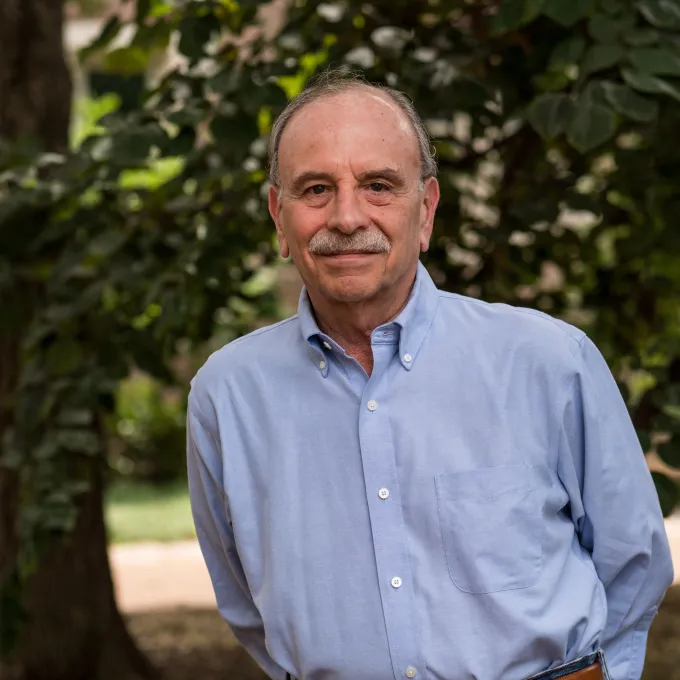Professor Stein’s research interests include spinal cord control of limb movement, scratch reflex in turtles, and central pattern generators. His teaching interests are physiological control systems, neuroethology, and motor systems neuroscience.
Stein's Research and Papers are in the following areas:
- central pattern generators
- spinal cord control of limb movement
- scratch reflex in turtles
Professor Stein's research focuses on central pattern generators, the neuronal networks responsible for generating patterns of motor neuron activity during rhythmic movements of limbs.
Stein's research interests are the networks of neurons in the turtle spinal cord that generate rhythmic patterns of motor output during locomotion and scratching. His 2018 review titled "Central Pattern Generators in the Turtle Spinal Cord: Selection among the Forms of Motor Behaviors" describes over four decades of research in the lab. His lab has used single-neuron recordings during motor-pattern variations, termed deletions, to provide support for a modular organization of the spinal cord neuronal networks responsible for generating the rhythmic movements of the turtle hindlimb during scratching.
Stein co-organized 5 international conferences on neuronal networks responsible for rhythmic behaviors and co-edited symposium volumes associated with each meeting. He served as the chief editor for the 1997 volume "Neurons, Networks, and Motor Behaviors" published by the MIT Press.
Teaching
Stein has taught systems physiology to first-year and sophomore classes since 1980. He currently teaches Biology 3058, "Physiological Control Systems" to second-semester sophomores. The course uses the formalism of negative-feedback control engineering to understand the molecular and cellular bases of regulation of body systems. The course is required for majors in the Biology: Neuroscience Track in Arts & Sciences and in Biomedical Engineering in the School of Engineering.
Stein is also the course master for Biology 181, "First-Year Opportunity: Introduction to Cutting-Edge Research in Biology," designed for first-semester students with interests in biological research. This course introduces researchers from the Biology Department and the School of Medicine to first-semester students in Arts & Sciences. Topics include: genetic control of development, using genomics to develop new drugs to combat heart disease, biological rhythms, neuroscience of movement disorders, biodiversity, and ecology.
Advising
Stein is an academic advisor for the Neuroscience Track of the Biology Major. Courses in the Neuroscience Track prepare students for future research and/or clinical careers that emphasize biological aspects of the nervous system from genes and molecules to cells, networks, and behavior. Stein's Biology 3058 course is required for the Neuroscience Track and serves as an introduction to the upper-level courses in the major.

